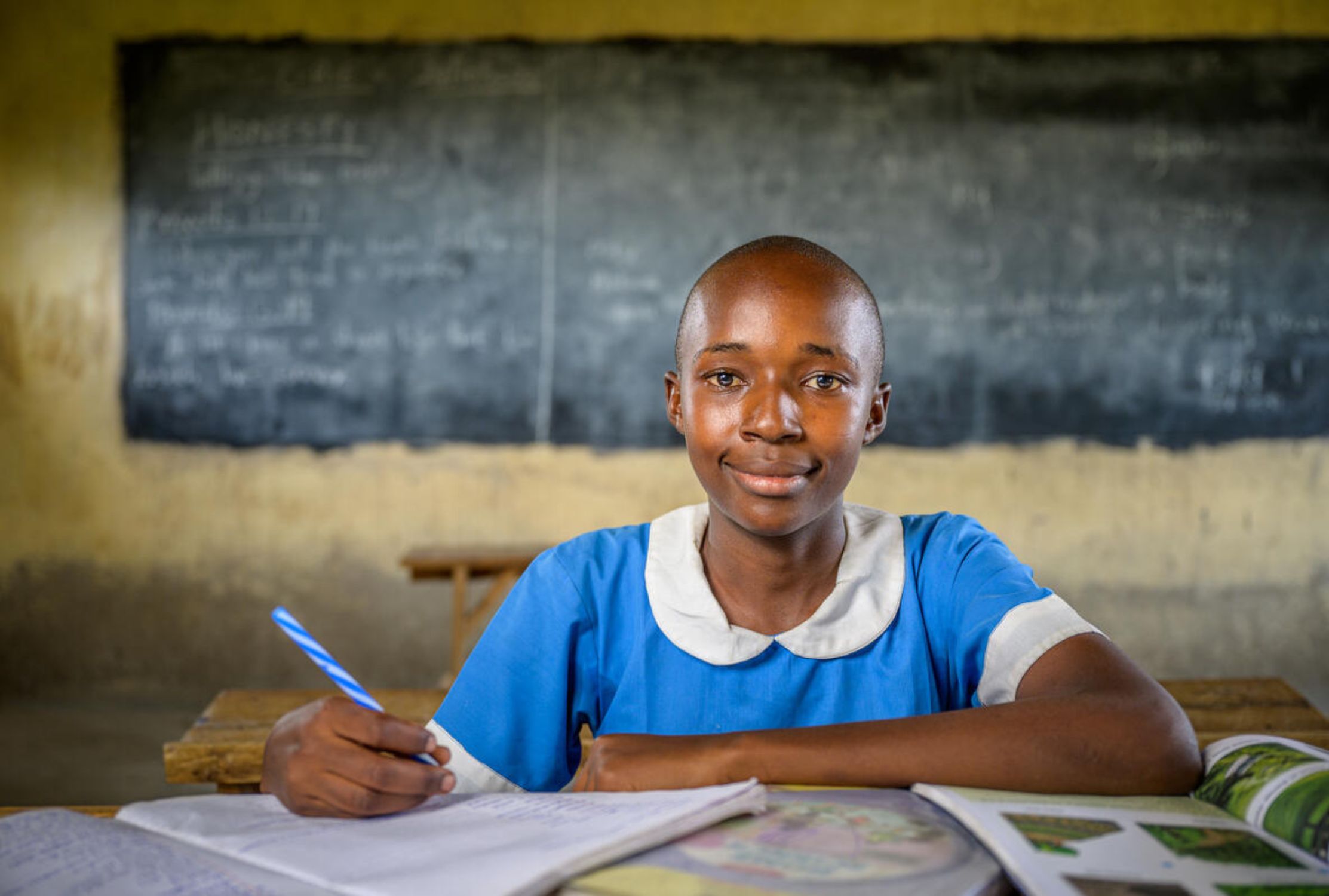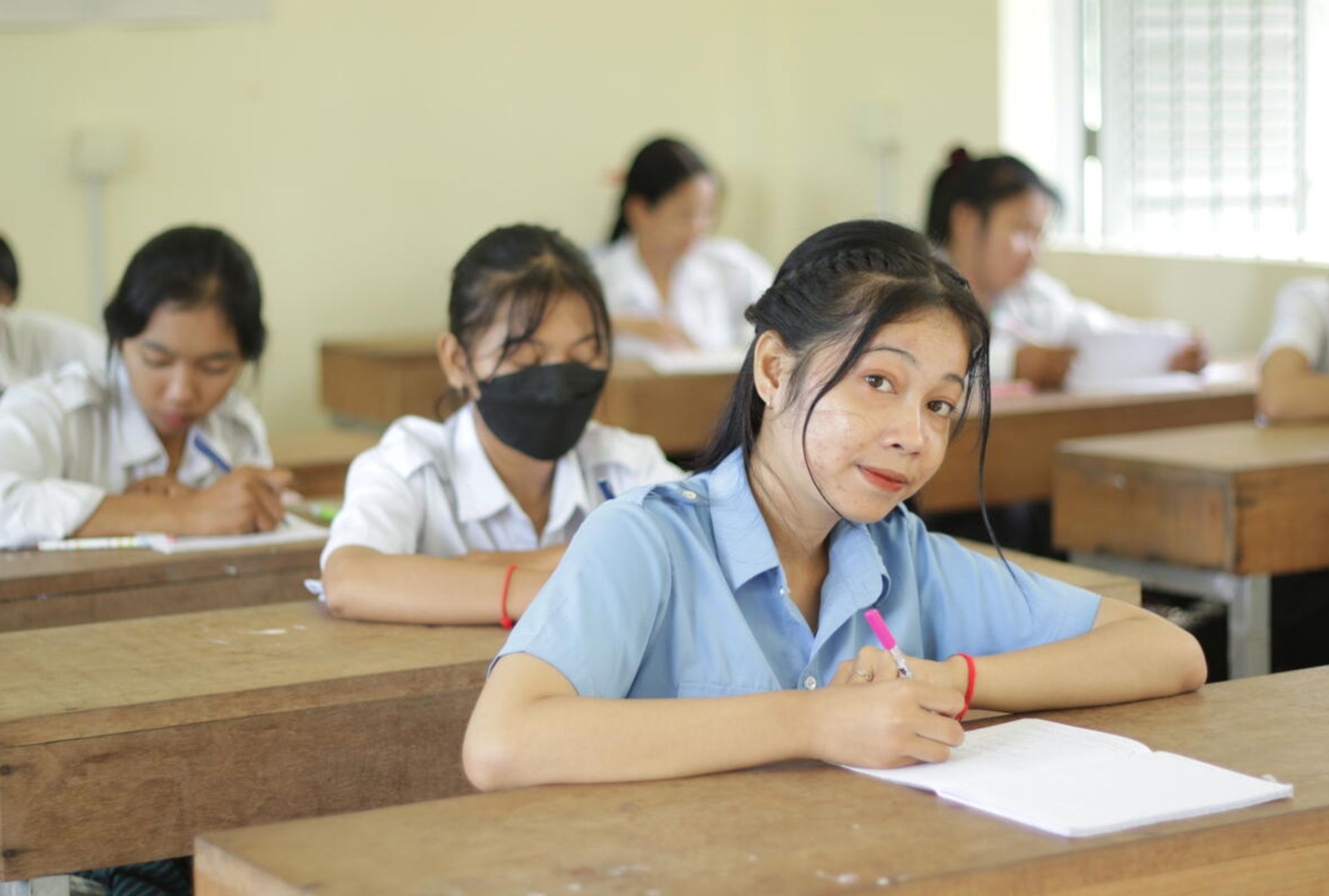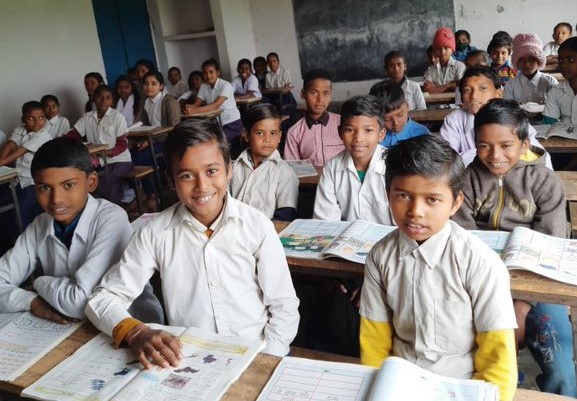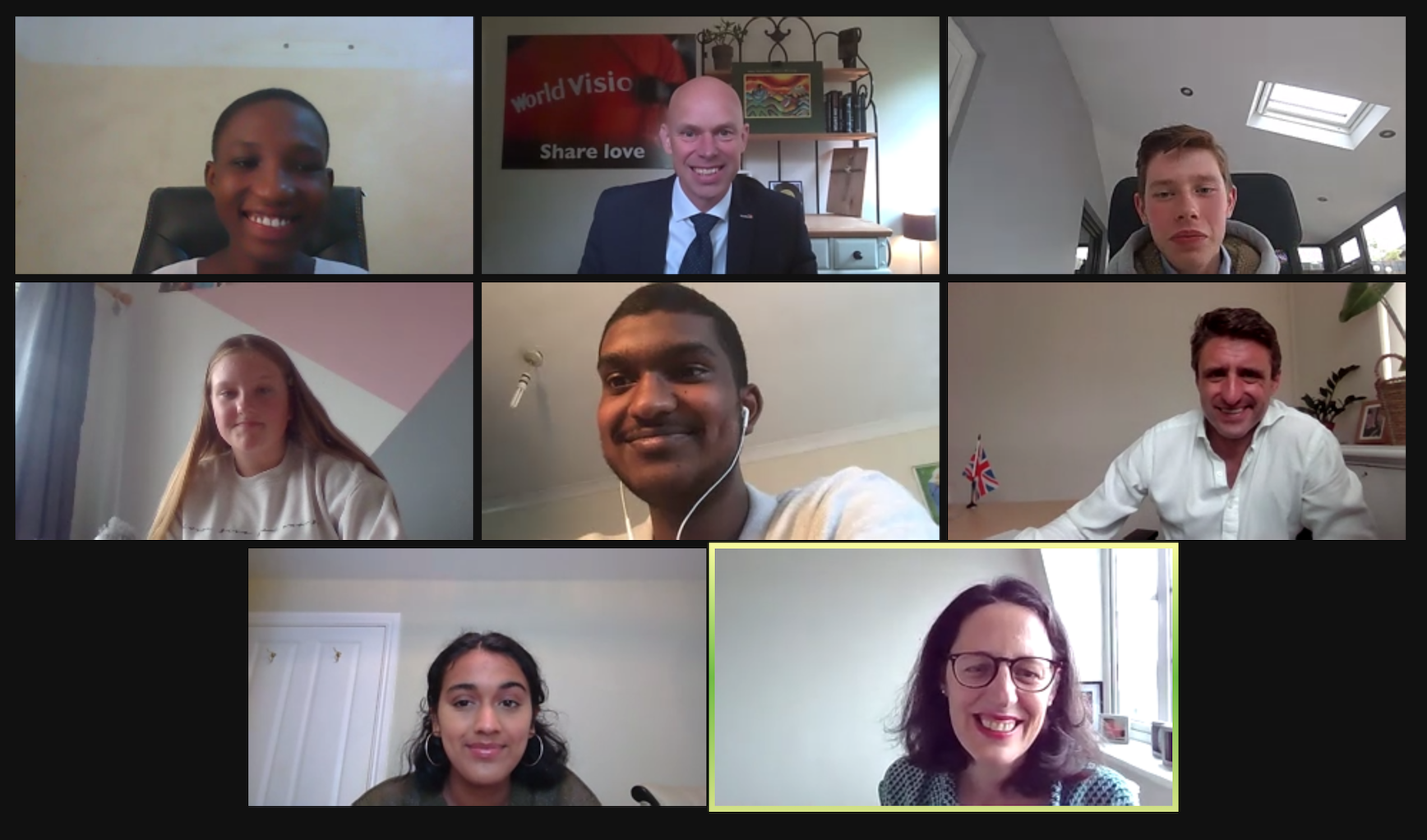
Mobile library launches in the Philippines to support reading education
World Vision launched a mobile library in Mandaue City in partnership with the Department of Education (DepEd). Under the organisation’s Urban Development Project, the hub aims to cater for children on the streets, and those who are living in the slums – giving them access to learning resources, opportunities for play and life skills development.
“World Vision is grateful and excited to embark on its first Mobile Learn and Play Hub with DepEd Mandaue City Division. We are expectant that this intervention will bring more value in helping and reaching kids in the communities even during this pandemic,” shares Faith Richelle Sy, Programme Manager of the World Vision Urban Development Project.
The project hopes to reach at least 800 children between 6 to 14 years old by 2023.
“We are all aware of the effect of the pandemic on the education of our children. The teaching of reading is greatly affected because it is difficult to teach reading through modules,” shares Dr Nimfa Bongo, the Superintendent of DepEd Mandaue City Division. “The mobile hub with a reading teacher will visit certain areas in the community. The teacher will conduct reading remedial classes with the help of the reading materials available in the hub.”
The Lost Potential Tracker is a powerful data visualisation showing, in real time, the number of children who have not been able to gain basic literacy skills by the age of ten.




